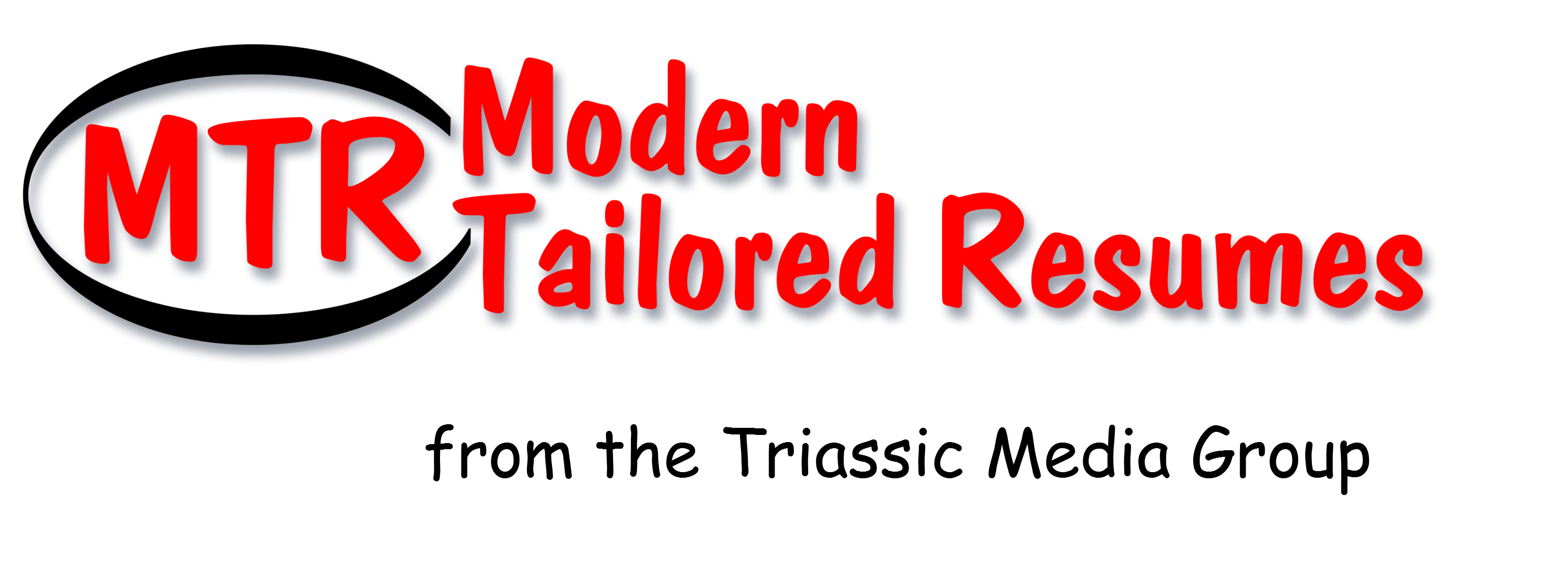Updating Your Resume: Choosing the Right Information
If you’re reading this blog post, then you’re already aware that a resume is important for your job search. Most of you already have a resume too. Some of you probably sent it out with few responses, the rest of you probably didn’t get the responses that you wanted. Here’s the thing, creating a resume that is an effective sales method for selling yourself isn’t as easy as most people think that it is. It’s even tougher to redo an existing resume, especially when you’re under the stress of finding a new job quickly. To make the process easier, here are tips for updating your resume:
Critical Information for Updating Your Resume
When you begin updating your resume, start with the most important information first. Above all else, the first part of your resume that must be updated is your contact information. Contact information is the most important part of your resume. It’s even more important than your job experience! Without accurate contact information, employers cannot contact you to offer you the job. Review the contact information and ensure that it is accurate and appropriate. You should include:
- Your name as you would want it to appear on a legal document.
- Your cell phone number with the area code unless you have a home number that you prefer.
- Your email address which is appropriate for work communications.
- Links to your most important work appropriate social media sources
Choosing What Information to Keep
One of the hardest parts of updating your resume is choosing the right information to keep. This answer depends on the job that you are looking for. You want to keep information that is the most relevant to the field you are applying for. Comparable experience at a previous employer is the best to keep. If you don’t have that experience, then the most relevant experience for that field is important. Regardless, you will want to show experience for the last 10 years of your work life. For some of you in fields where constant job switching is common, like sales, it can be difficult to fit 10 years of experience in two pages. To do this, shorten each job description to the most relevant accomplishments. Use the ones that make you stand out the most.
Choosing What Information to Remove
Choosing what information to remove is much simpler, but many people struggle with it because of an emotional attachment to their previous experience. The simplest way to avoid the struggle while updating your resume is to have set criteria for your experience. If it does not meet the following criteria, it needs to come off your resume so you can but better experience on it:
- The experience is more than 10 years old.
- It talks negatively about your employer.
- You can’t write more than one line about it.
- It contains information that dates you professionally as outdated.
Information that Should Never be Included
There are certain pieces of information that should never be included on your resume. First among those is negative information about a former employer. A prospective employer will see this and immediately throw your resume in the trash. Why would they hire you if there’s a chance that you will disparage them to others? The answer is that they won’t. Regardless of how you feel about your former employer, leave it off of your resume.
Another thing to leave off of your resume is the reason why you left a former employer. Regardless of the reason, this is a topic that is better discussed in person rather than be put in writing. There are subtle nuances to this type of conversation that can make it go in your favor or against you very quickly. It also opens some legal and ethical issues as there are certain questions that employers are not allowed to ask. Play it safe and leave this one out.
The last thing to leave off of your resume is your references. This used to be a mandatory part of your resume but has fallen out of practice. This is partly because you are sending the contact information for someone that would speak on your behalf to people that you don’t know or have never spoken to. Rather than have them on your resume, create a reference list to send to the employers that need them. If they need to check your references, they will ask for them.
Having an updated resume is crucial to a successful job search. Redoing one can be difficult to do well, but a little guidance goes a long way. If your trying and you think you need some help, learn more on this page.

